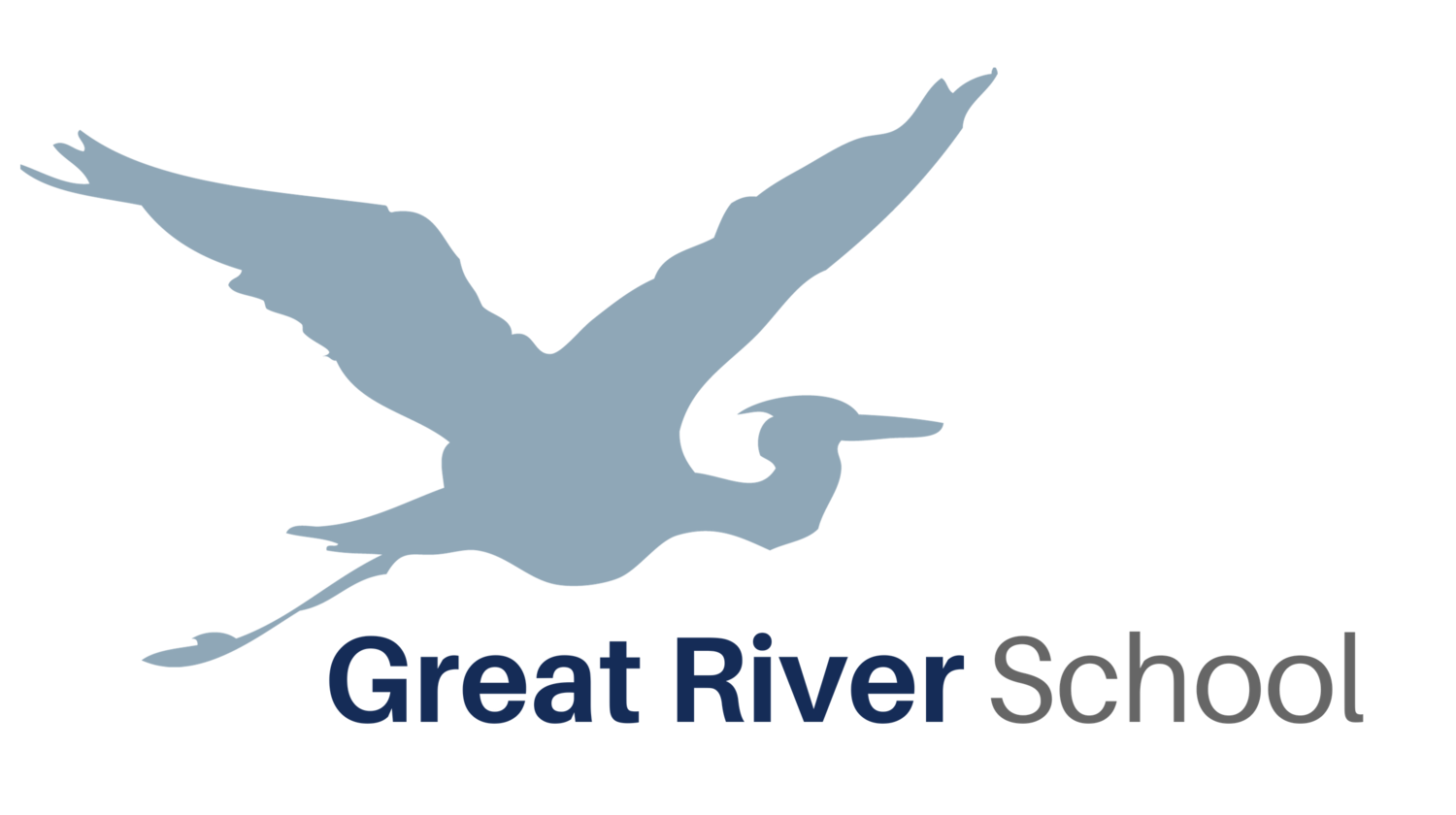written by Matty Brossart, Crow Wing Guide
““When the child goes out, it is the world itself that offers itself to him. Let us take the child out to show him real things instead of making objects which represent ideas and closing them in cupboards.””
All the upper elementary communities have returned from our Key Experiences at Camp Widjiwagan* up near Ely! The UE Key Experience, and all key experiences, are some of the foundational places that the Great River community works to foster an environment that can build community, connect us to nature, challenge ourselves, make memories, and learn in different and authentic ways. These extended experiences are chances for us to build towards Great River’s daring vision and mission. We know world peace built by responsible and engaged world citizens will take interdependence, strength, vulnerability, resilience, and a sense of joyful adventure. And those traits are what we works to sow and nurture during these key experience weeks.
Now that we have completed this wonderful tradition, it seems a worthy time to stop and celebrate the big work that families, students, and staff each did during the upper elementary key experiences.
The Work of the Families:
It is not just the students who work and grow. Families contribute in so many ways. Many families did incredible juggling to get the supplies, and to rearrange schedules to make a week away work for their child and family. For some caregivers, it is new big work to trust their precious child to be away from them and outside of their protection for so long. It is hard for many parents to learn to trust the world, and their child, in these situations. Other caregivers had big work to come and support sick or injured kids, or to bring up students who started the week sick. Camp Widjiwagan is certainly not close to the cities! The dedication of the GRS families to the children’s and community’s growth is inspiring.
In addition to each individual family’s work, many families donated snacks, volunteered to get vans or load/unload buses, and helped with the myriad things that needed to be done before and after the trip. This shared interdependence is a central part of the Montessori Method, and is demonstrated not only by the natural world we bring the students to, but equally by all the caregivers working together to make the trip possible.
The Work of the Students:
The upper elementary key experience is built around a list of characteristics of the second plane child, as Maria Montessori wrote extensively about. We will certainly write about these in other newsletters, but, in short, the list includes: growing physical stamina, a social instinct, a developing moral sense, a need to expand “beyond” into the world, a need to practice grace and courtesy in authentic ways, and an incredible sense of imagination and reason. Their work is to engage these traits and to work to bring their best selves to these challenges, and support each other's growth.
At Widji, the staff encourages each child to bring a PMA or positive mental attitude to their challenges and adventures in order to best be able to grow through each one, and the students do big work to rise to this challenge. Each year, each child seems to have a different experience that allows them to grow in different ways. There are new joys and new challenges that help them develop the skills it takes to grow into a resilient, interdependent, and independent person. Sometimes these challenges are planned - such as hikes, classes, mixed groups, chores, and group games. Going on the key experience three years in a row also builds a chance to learn, to connect, and to lead - providing a different experience each year. Other times they are unplanned - such as cuts and scrapes, sicknesses, weather, impromptu games, emotions, life events, and social dynamics. The special combinations of these things creates big work for each child, and for the community.
The Work of the Staff:
Every year I am inspired by how much joy, care, communication, and effort the staff demonstrate at Widji. They actively work to meet and get to know students from other classes. They run cabins and help students face night time feelings. They serve as nurses, wait staff, house parents, personal challengers, bus drivers, community leaders, first responders, cheerleaders, and more around the clock. They help create a sense of place and possibility for the students. And they get to experience the laughter and tears as the students grow into the people who help build the vision and mission of the school.
Thank you families, thank you students, and thank you GRS staff for coming together to take on this big work. It was a joyful challenge helping to build resilience in our students and laying the foundations of the world peace focused work we do up North at Camp Widjiwagan. We couldn’t have better companions on our journey.
“There is no description, no image in any book that is capable of replacing the sight of real trees, and all the life to be found around them, in a real forest. Something emanates from those trees which speaks to the soul, something no book, no museum is capable of giving.”
* Language Note: Some people have asked what Widjiwagan means. Here are some interesting notes and discussions to help build our understanding of the word, the place, and the language of the Ojibwe people.
According to the Ojibwe People's Dictionary : Wiijiiwaagan (na) | a partner, a companion
For more depth, James Vukelich discusses the Ojibwe Word of the Day. In this video he explains that Widjiwagan is an Ojibwe word meaning “comradeship” or, according to another translation, “they help accompany each other in a good way.”




